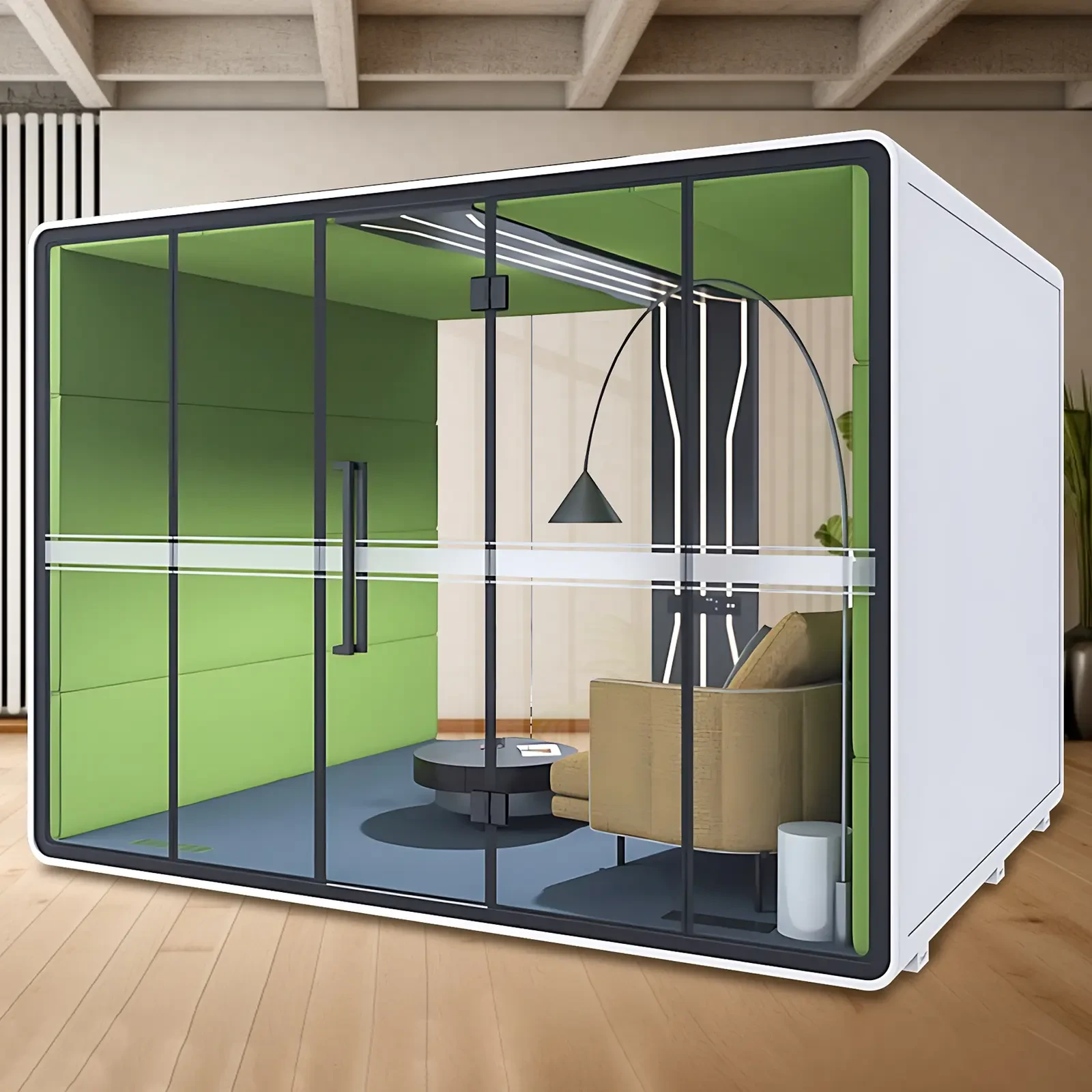A 1-decibel noise level exceeding the standard in a bedroom late at night can increase cardiovascular disease risk by 3%. Chronic noise disturbances from upstairs can cause a 10% depreciation in property value. Noise pollution, this "invisible killer," is being incorporated into the national mandatory governance framework. The newly released "Residential Project Specifications," released in March 2025, for the first time, elevates the "right to quiet" to legal status through mandatory standards, setting quantitative requirements for residential noise control. This article, drawing on authoritative data, analyzes how this policy achieves the dual benefits of "protecting health and promoting harmony."
PART 01
Key points of the new regulations
Noise control upgraded from "suggestion" to "bottom line"
Noise limit "red line" (Data source: 2025 "Residential Project Specifications" Regulations 6.1.1-6.1.4)
1. Equipment noise: Low-frequency noise from elevators, water pumps, etc. transmitted to bedrooms should be ≤35dB (similar to the sound of a refrigerator in operation);
2. Sound insulation performance: The sound insulation of the partition wall is ≥50dB (the ordinary 240mm brick wall is only 30-35dB);
3. Drainage noise: When flushing water upstairs, the equivalent sound level in the downstairs bedroom is ≤33dB (if it exceeds this level, pipe sound insulation modification is required);
4. External window sound insulation: The sound insulation of doors and windows of street-facing bedrooms should be ≥35dB (ordinary aluminum alloy windows are only 25dB).
PART 02
Liguo
Noise control is included in the list of high-quality development
1. Reduce public health costs
WHO data: Long-term exposure to noise above 55dB increases the risk of heart disease by 17% and the rate of insomnia by 30%;
A study by the Beijing Center for Disease Control and Prevention showed that for every 10dB reduction in residential noise, community medical expenses decreased by 8.2%.
2. Alleviate social governance pressure
In 2023, there were 5.706 million noise complaints nationwide, a significant increase of 1.203 million compared to 2022 (data source: China Noise Pollution Prevention and Control Report (2024));
A Shanghai residential complex sparked a class-action lawsuit over elevator noise, with mediation costs exceeding 2 million yuan. The new regulations are expected to reduce similar disputes by 40%.
3. Promote green building upgrades
The Ministry of Housing and Urban-Rural Development estimates that 850 million square meters of residential buildings with substandard sound insulation need to be renovated nationwide, driving a market of over 300 billion yuan for energy-saving building materials and intelligent monitoring equipment.
The new regulations are coordinated with the "dual carbon" goals: high-performance soundproof windows can reduce air-conditioning energy consumption by 15% and reduce carbon emissions by 1.2 tons per household per year.
PART 03
Benefiting the People
Make "quiet" a standard of housing rights
1. Improved sleep quality
Tsinghua University experiments have shown that when bedroom noise is reduced from 45dB to 35dB, deep sleep time increases by 1.2 hours per night.
Sanyuan Soundproof Window Case Study: A Shenzhen residential complex's soundproofing renovation resulted in a 26% decrease in residents' anxiety visits. Attached case details: Government-Enterprise Collaboration | Jointly Addressing Traffic Noise Nuisance
2. Property value protection
Shell Research Institute data: Residential properties that meet sound insulation standards are 5%-12% more expensive than ordinary residential properties in the same area;
After a residential complex in Guangzhou installed soundproof windows, the transaction cycle for second-hand houses was shortened by 30 days and rents increased by 8%.
3. Achieving intergenerational equity
Children's hearing sensitivity is three times that of adults. The new regulations specifically require that residential areas around kindergartens and schools implement stricter noise environment standards.
In the renovation of old communities, the priority of sound insulation projects has been raised to the top three (Ministry of Housing and Urban-Rural Development survey in 2023).
From "norms" to "habits", building a peaceful China
The mandatory implementation of the noise clause in the "Residential Project Code" marks a leap from quantity to quality in my country's residential environment governance. For the country, this is a solid step forward in the Healthy China strategy; for the people, it is a key guarantee for improving quality of life; and for the industry, it presents a historic opportunity for transformation and upgrading. When every wall and every window can block out noise, and when the "right to quiet" moves from legal provisions to everyday life, we will be one step closer to the dream of "poetic living."
Let regulations protect peace and use technology to empower tranquility - this is the promise given to everyone in the new era, and it is also Sanyuan Environment's mission to practice green development with acoustic governance technology.
Sanyuan ventilation and soundproof windows, customize your ideal home! For more information, please contact: 028-85007086

 USD
USD
 GBP
GBP
 EUR
EUR



